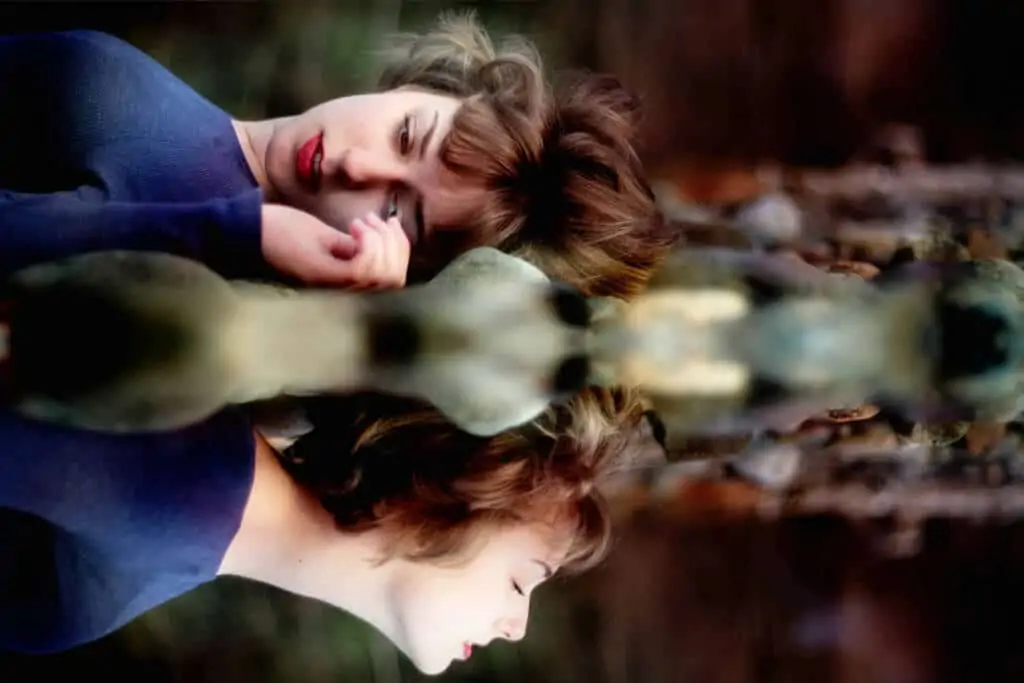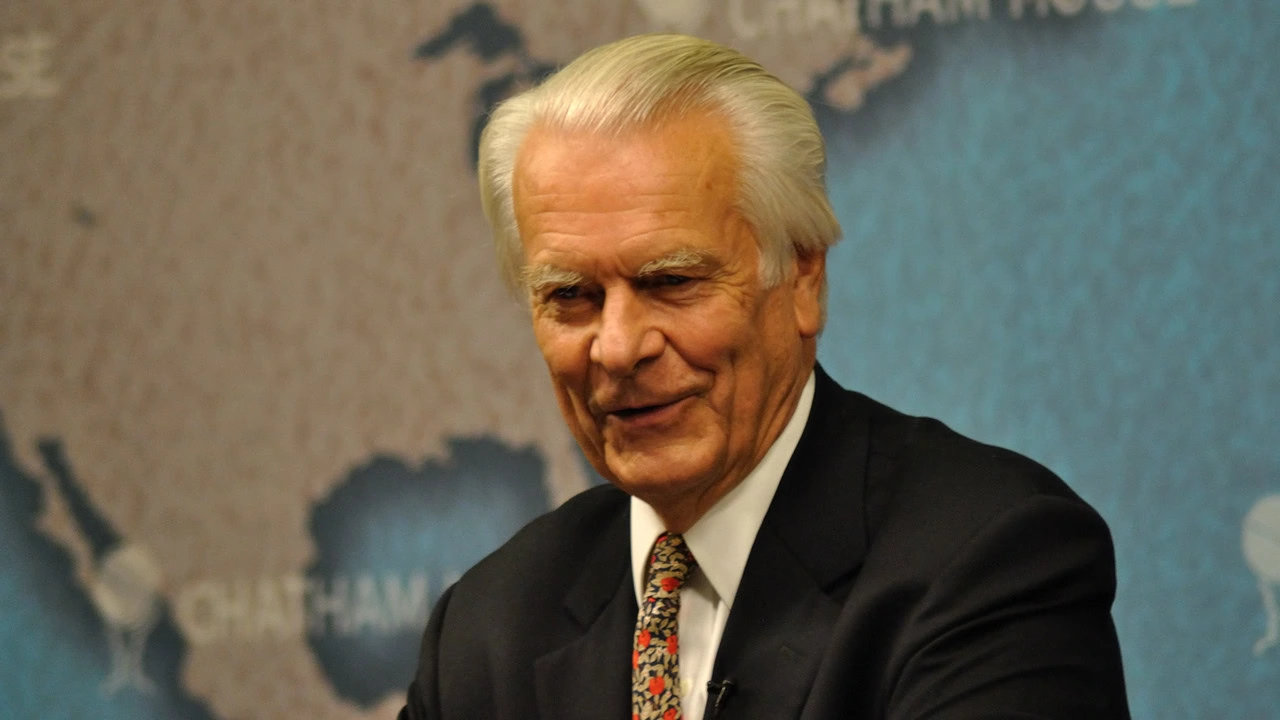Today's Saturday • 9 mins read
— By Dr. Sandip Roy.
At times, happiness can have negative effects. Some kinds of happiness can hurt, and the person may not even realize that it’s happiness that’s hurting them.
Now, hurt is an exact individual experience. Nobody else can feel it the way you do; only you understand it fully.
The same goes for happiness. Only you can make sense of the full spectrum of your happiness.
So, when happiness hurts, no one will feel or understand it like you do. Every so often, these are the pains one grows fond of, and from which they never recover.
No one truly understands how much your pain hurts you. Even more so when happiness comes to hurt you.
Negative Effects of Happiness
There can be four ways that happiness can hurt:
- When overdosed on happiness: Mania of Bipolar Illness
- When lonely in happiness: Pursuit of Happiness
- When drunk on happiness: Hubris Syndrome
- When afraid of happiness: Cherophobia
There are times when happiness can have negative consequences. Why does it happen? How do we know when it does?
1. Overdosed on Happiness: Mania of Bipolar.
What would you think if someone spent all day laughing belly laughs every few minutes?
In fact, they are so busy being happy and having delirious fun that they hardly sleep more than 2-3 hours a day.
There is a serious mental illness called bipolar disorder. In this, patients suffer from extreme mood swings.
They swing from one pole of the happiness meridian to the opposite pole, from mania to depression.
When they go through manic episodes, they appear to be “overdosed with happiness.” While in mania, they show:
- unrealistic high self-esteem,
- unusual levels of optimism, and
- excessive urges to talk non-stop (logorrhea or verbal diarrhea).
They walk around restlessly, bursting with high energy, often making countless grand plans while staying awake for almost 20 hours a day.
Trainloads of thoughts and ideas race around within their heads at lightning speed.
Occasionally they hallucinate, that is, see and hear things that no one else does.
A person in a manic episode is deep into pleasurable acts. They are into doing only those things that give them pleasure, whatever the cost or danger.
Now, most such acts often carry painful aftereffects.

For example, they often go into uncontrolled donation sprees, like giving away everything they own. It’s not only their money or possessions; they might even give away their pets and children.
They go on limitless shopping binges (well, as much as their credit cards would allow). They eat like they’re forever hungry and revel in mate-seeking recklessness.
Sometimes, they even live out their fantasies, like wearing the Superman dress and cape and jumping off high places.
You only need to meet one such unfortunate individual to rethink your entire concept of happiness. Their joy will make you sad.
Self-injury is a real risk for those with bipolar disorder, and it can happen even when they’re in a manic episode. Studies have shown that 25-50% of people with bipolar disorder try to end their lives.
But sometimes, when a bipolar is basking in bliss, pain could be trailing one step behind.
There is also a milder form of this illness, called hypomania. Affected ones are in “hyper-happiness” mode. They may get into high-risk behaviors such as heavy drinking, binge eating, relentless dancing, immoral behavior, and substance misuse.
Mania: This happiness hurts the most.

2. Lonely in Happiness: Pursuit of Happiness.
Don’t you want to be happy? Don’t you want to go in pursuit of happiness?
Would you believe it if you learned that happiness has a link with loneliness?
We have always believed that the happier a person is, the more friends that person has. Even psychologists have been telling us that happiness gets us more friends.
But research has turned that belief upside down. If you go searching for happiness and friends, you might end up lonelier.
In their first study, psychologists Iris Mauss, Craig Anderson, and Maya Tamir found that people between 20-60 years of age, who place a high value on trying to be happy, end up feeling more lonely daily.
You read that right. Pushing for happiness can make us feel lonely.
In their paper, Mauss and her team wrote, “We suggest that wanting to be happy may have some surprising negative consequences. We argue that striving for happiness might make people lonely.”
The more you want to be happy, the more you feel lonely.
In the second study, Mauss and her team gathered 43 female multi-ethnic undergrads.
They showed some of them a happy movie and others a sad one. The film aimed “to activate themes of affiliation and intimacy” in them.
Next, the researchers asked them to rate how lonely they felt on a scale of 1 to 9 (1 = not at all; 9 = extremely).
This second study also led to a similar conclusion: People who were made to value happiness felt greater loneliness.
Then, how can we become happy? Don’t make happiness a goal to pursue. Don’t try to be happy. Just be.
Pursuit of happiness: The hunt for happiness leaves us lonely.
3. Drunk on Happiness: Hubris Syndrome.
Bertrand Russell called it an intoxication of power. But you and I may call it being drunk on power. That’s hubris.
Hubris originates from the Greek word hybris, so the Greeks describe it best.
Aristotle, in Rhetoric, defined it as:
Hubris consists in doing and saying things that cause shame to the victim…simply for the pleasure of it.
Likewise, Plato expressed it in Phaedrus:
When desire irrationally drags us toward pleasures and rules within us, its rule is called excess (hubris).
Lord Acton further said,
Great men are almost always bad men.
Don’t we agree?
Hubristic people find pleasure in treating others with meanness and mockery.
People with hubristic attitudes usually come from the ruling, governmental, political, or high-wealth class. In fact, many of us believe that all politicians and their wealthy cronies are hubristic.
The best-known researcher on hubris is David Owen. He was a former Foreign Secretary in the UK government, a neurologist, and a psychiatrist. He coined the term Hubris Syndrome.
Owen has found that hubris involves
- near-zero lack of empathy,
- excessive self-belief and confidence in their own judgment,
- recklessness, restlessness, and impulsiveness.
A hubristic person takes pleasure in wielding his power to bring others down.
According to Owen, notable hubristic personalities include Hitler, Stalin, Mao Zedong, Mussolini, Idi Amin, and Richard Nixon. Owen even includes George W. Bush, Tony Blair, and Vladimir Putin on his list.

In milder forms, this takes the shape of needless or worthless pride, alongside a shortage of empathy, and leads to aggressive and antisocial behavior towards others.
Hubris: This is the happiness that hurts others.
4. Afraid of Happiness: The Cherophobics.
I’m afraid to be happy.
This could be the strangest thing for you to read in this post. For some people, the idea of being happy or feeling good puts them in panic mode. They feel an irrational fear of being happy.
This is cherophobia, although psychologists and psychiatrists avoid that term. They prefer to say aversion to positive emotions.
Cherophobia = an aversion to happiness that makes people deliberately avoid experiences that invoke positive emotions:
Afraid to feel or express happiness, the cherophobics filter out all pleasures from their life.
There have been studies into this phenomenon. In 2012, Dr. Paul Gilbert at Kingsway Hospital, England, found that a fear of happiness is often found in those with depression. Gilbert says:
Some people… feel uncomfortable if they are not always worrying. It is not uncommon for people to fear that if they are happy about something, it will be taken away.
Apart from depression, there is another aspect to it.
Those who tend towards perfectionism may fear feeling happy. Because they suffer from a misconception that happy people are seen as lazy or shallow.
Those who tend to be perfectionists may fear feeling happy.
Also, another reason could be that their fear of happiness is coming from the memory of past trauma, causing a form of Post-Traumatic Stress Disorder (PTSD).
This fear of happiness could also be a cultural norm. In some cultures, people are raised to believe that happiness is balanced out by sadness. They coined adages like “Crying comes after laughing.”
We can’t have the happiness of yesterday without the pain of today. That’s the deal. — Joy Gresham in the movie Shadowlands.
Mohsen Joshanloo, a psychology student at Victoria University of Wellington in New Zealand, developed a Fear of Happiness Scale that he published in the Journal of Cross-Cultural Psychology in October 2013.
Joshanloo’s measure was administered in over 14 countries. It was found to be reliable and effective.
Researchers found that countries with a culture that was more cynical, conformist, and hierarchical had higher rates of cherophobia or happiness aversion.
And that ‘Fear of Happiness’ was associated with lower levels of life satisfaction.
Cherophobia: This happiness is self-traumatic.
We experience pain in degrees but tolerate it in thresholds.
Final Words
Three truths:
- Being a citizen of the world’s happiest country is meaningless for someone unhappy. To a sad Swiss, it makes little difference that Switzerland is one of the happiest countries in the world.
- Like pain, we can be happy in many personal ways. We can be happy in our calmness, loneliness, and singlehood. And also in our exhilaration, sociability, and relationships.
- You can fake your pain and fool others. You can fake your happiness and fool others just as well.
Let’s end this with these lines from the song ‘Silencer’ by the Philadelphia band mewithoutYou:
She put on happiness like a loose dress
Over pain I’ll never know
“So the peace you had,” she says,
“I must confess, I’m glad to see it go.”
We’re two white roses lying frozen just outside his door
I’ve made you so happy and so sad,
But which should I be more sorry for?
If happiness can cause pain, then why be happy?
√ Also Read: How To Stop Holding Grudges (And Why You Must)
√ Please share this with someone.
» You deserve happiness! Choosing therapy could be your best decision.
...
• Disclosure: Buying via our links earns us a small commission.